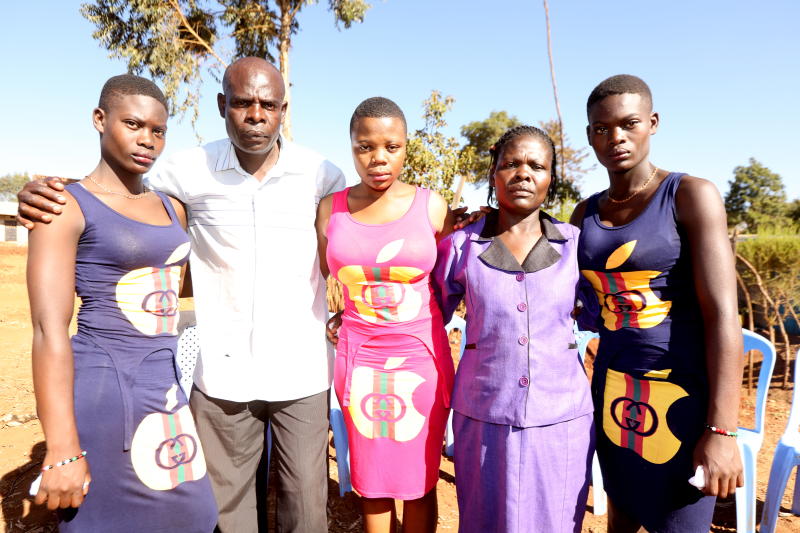×
The Standard e-Paper
Kenya’s Boldest Voice

As the curious case of Sharon Mathias and Melon Lutenyo continues to unfold, there is little hope that the hospital where the identical girls were born will help unlock the mystery.
Kakemega Health Executive Rachel Okumu yesterday said they had launched investigations to ascertain the truth.